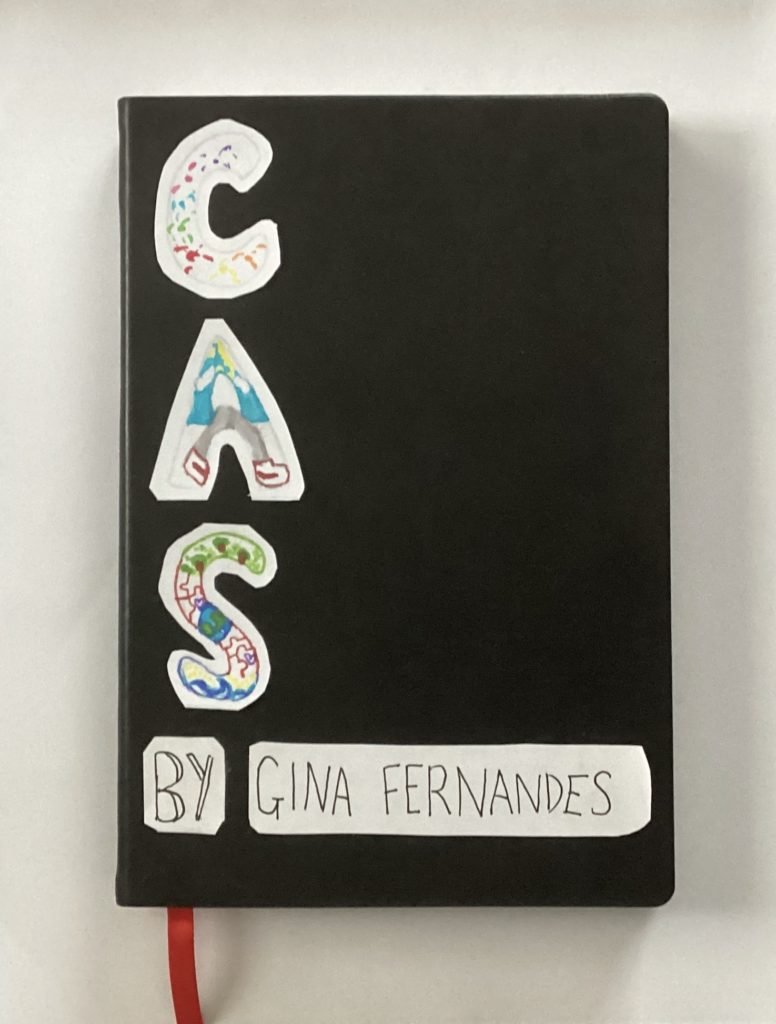
The following picture of la Rocco Tower on St Ouen’s Bay provides a stimulus as is one of my most cherished locations in Jersey; I have chosen this photograph to illustrate the empirical view (verifiable by observation), acquired during my childhood as to my passion for the sea/ocean and as such, has fuelled my desire to be near the sea for a means of spiritual contentment.
Firstly, experience is a longitudinal process where there is a need for practical application and exposure to new information so we challenge the knowledge we receive to formulate a thorough understanding. Although experience is unique to a singular person, it cannot apply to all forms of experience; as a group of persons can only claim to have the same experiences on a particular matter. For example, St. Ouen is where many individuals go to, and spontaneously accumulate knowledge but they can only share this experience subjectively.
Whereas, our knowledge which is accumulated through personal experience and interpretation is what improves our awareness, and challenges our understanding of a given matter thus, improving our confidence as not only repetition of practice, but also applying oneself to a matter. Given this, experiential knowledge is acquired through experience and priori knowledge is necessary to the individual before the experience has taken place. For example, my prior knowledge and perception of Jersey’s coastlines before experiencing St. Ouen was different compared to after a good few years of spending my childhood there. Thus, knowledge is transcended through time, but again, I think this process should be understood respectively as this depends on the inherent distinction between knowers of knowledge.
In conclusion, based on the aforementioned I believe that although experience and knowledge share some similarities respectively, as the Oxford definition for ‘wisdom’ states that it is the ability to execute sensible decisions while it encompasses the understanding and experience one has acquired, emphasising the mutualistic relationship. However, they couldn’t be any more distinct from each other as we roam in a highly subjective environment where our thoughts and subconscious mind is what influences us to execute actions or pursue matters that permit us to acquire knowledge. So knowledge is highly unique to every being and so this acts as barriers for knowledge to be coherently expressed between us conscious beings because we all accumulate diverse knowledge in comparison to one another.



